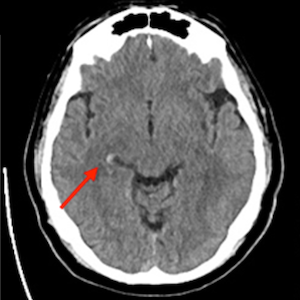Back to the future: a case series on revisiting onabotulinumtoxinA for chronic migraine management after anti-CGRP therapies failure

Accepted: 6 November 2024
All claims expressed in this article are solely those of the authors and do not necessarily represent those of their affiliated organizations, or those of the publisher, the editors and the reviewers. Any product that may be evaluated in this article or claim that may be made by its manufacturer is not guaranteed or endorsed by the publisher.
Authors
Background: Chronic migraine (CM) management is still a challenge. Notwithstanding the success of anti-calcitonin gene-related peptide antibodies (anti-CGRP mAbs), not all patients respond to these treatments. Here, we revisit the efficacy of onabotulinumtoxinA (BTA) in patients who did not respond to anti-CGRP mAbs.
Methods: This case series included 36 CM patients who demonstrated an insufficient response (<10% reduction in monthly headache days [MHD]) to anti-CGRP mAbs and who received a subsequent BTA treatment between December 2022 and February 2024. All patients had a minimum follow-up duration of six months with anti-CGRP mAb and BTA treatments.
Results: The cohort comprised 12 patients (92% females, mean age of 49 years) affected by CM. Treatment with anti-CGRP mAbs produced in 7 (58.3%) patients an initial 20% reduction in MHD which, after a few months, was less than 10%; in 5 patients (41.6%) the response was >10% from the beginning of the treatment. A reduction in MHD of >50% was reported in 6 patients (50%) treated with BTA, and in 6 patients (50%) there was a less pronounced reduction (30-50%).
Conclusions: This case series is the first report of patients who showed a meaningful response to BTA after an unsuccessful trial with anti- CGRP mAbs, suggesting a CGRP-independent action of BTA. However, due to the small sample size, further research is needed to support the proposal of a positive response to BTA in CM patients resistant to anti-CGRP mAbs and the consequent mechanistic implications.
How to Cite

This work is licensed under a Creative Commons Attribution-NonCommercial 4.0 International License.
PAGEPress has chosen to apply the Creative Commons Attribution NonCommercial 4.0 International License (CC BY-NC 4.0) to all manuscripts to be published.

 https://doi.org/10.4081/cc.2024.15767
https://doi.org/10.4081/cc.2024.15767










